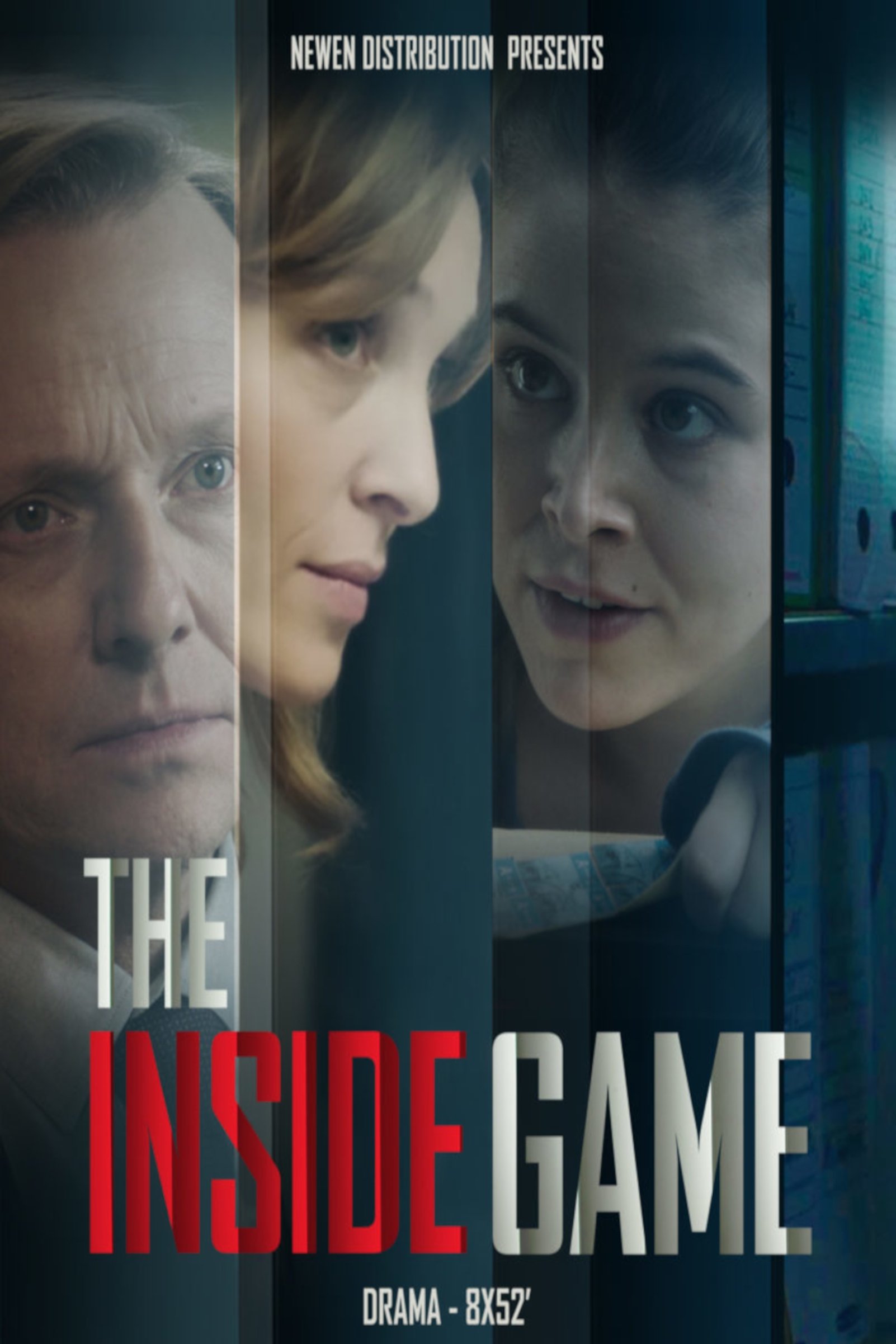

Sihja is a young, charming and a little outrageous fairy who leaves her home in the forest. On arrival in the city, she meets a sensitive new friend, a lonely human boy Alfred. Sihja loves the newly found organized urban shapes and orderly habits that the city people have. One day dead birds appear on the city streets. Alfred and Sihja must find out what is threatening the nature.

Three farming families in Hanyuan, China, strive to give their children a good life in the midst of an ecological crisis, as widespread use of pesticides leads to a dramatic decline in bees and other pollinating insects in the valley.
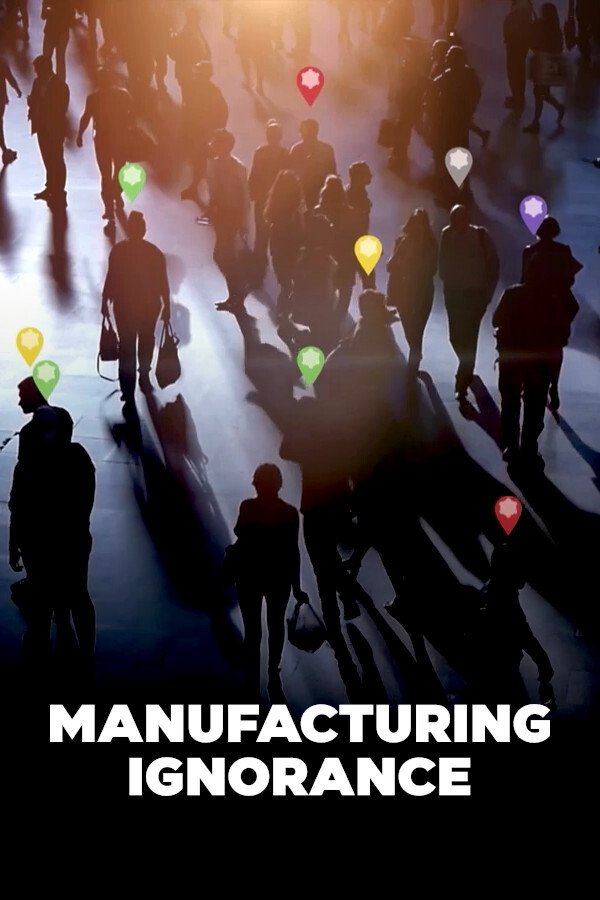
Tobacco, climate change, pesticides,... Never has scientific knowledge seemed so vast, detailed and shared. And yet it appears to be increasingly challenged. It is no longer surprising to see private corporations put strategies in place to confuse the public debate and paralyze political decision-making. Overwhelmed by excess of information, how can we, as citizens, sort out fact from fiction? One by one, this film dismantles the workings of this clever manoeuvre that aims to turn science against itself. Thanks to declassified archives, graphic animations and testimonies from experts, lobbyists and politicians, this investigation plunges us into the science of doubt. Along with a team of experts (philosophers, economists, cognitive scientists, political men, or even agnotologists), we explore concrete examples of doubt making and try to understand the whole process and the issues behind it.
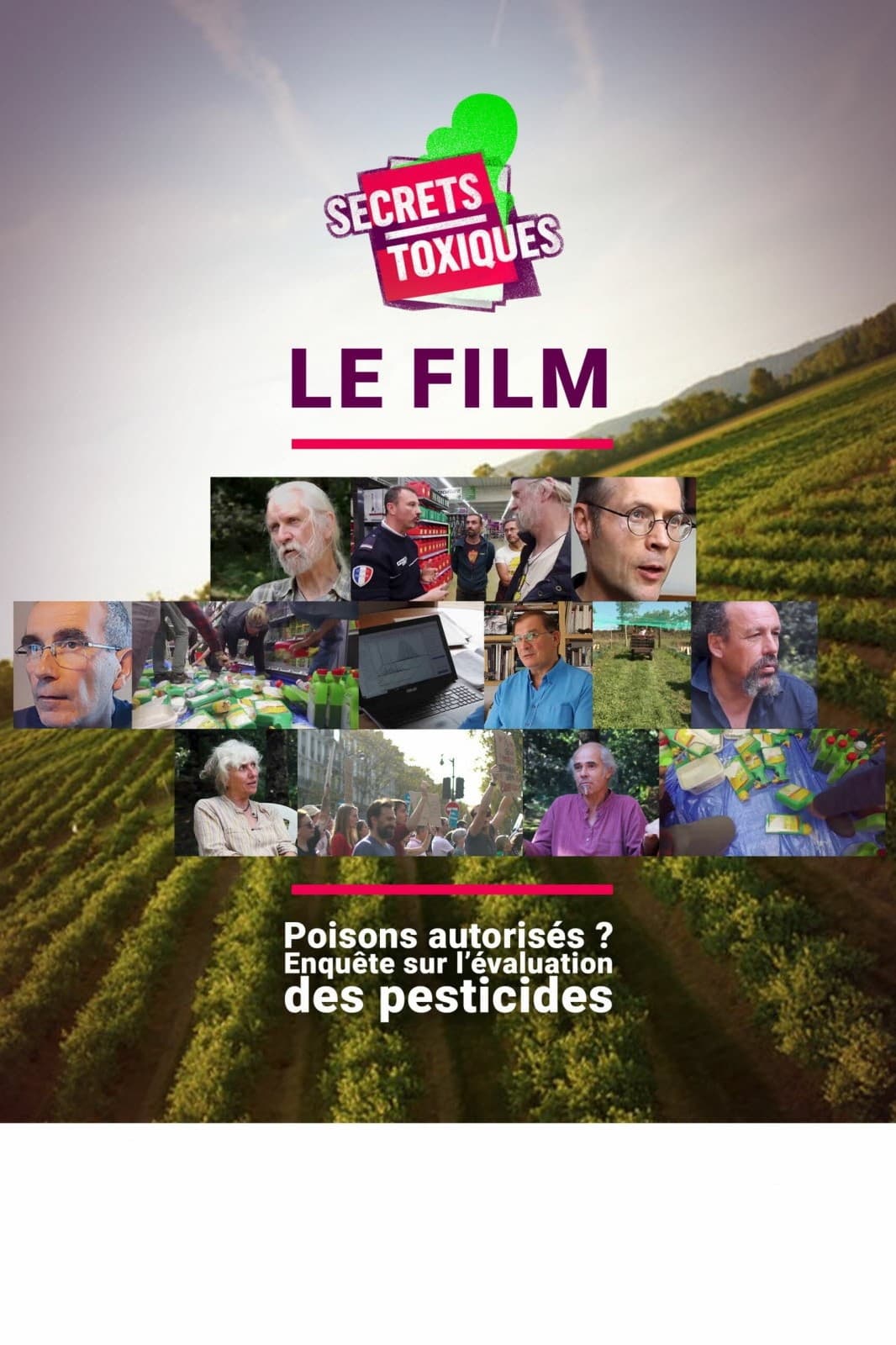
Increase of chronic diseases, loss of biodiversity, extinction of bees... for a few years, the consequences of pesticides mass use are compelling public opinion. How to explain their effects on human health and biodiversity, whereas EU regulations forbid the spread of every harmful product ?
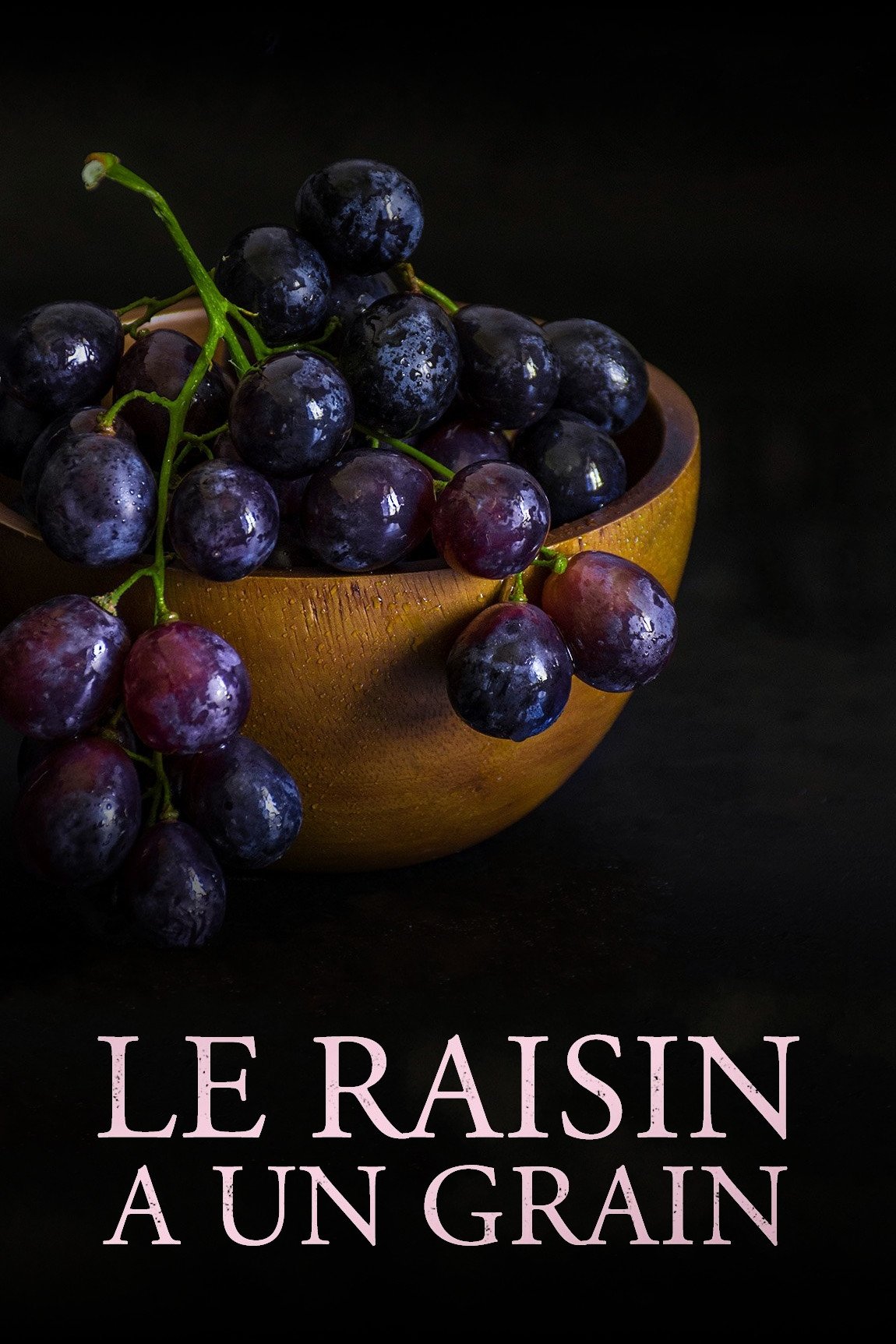
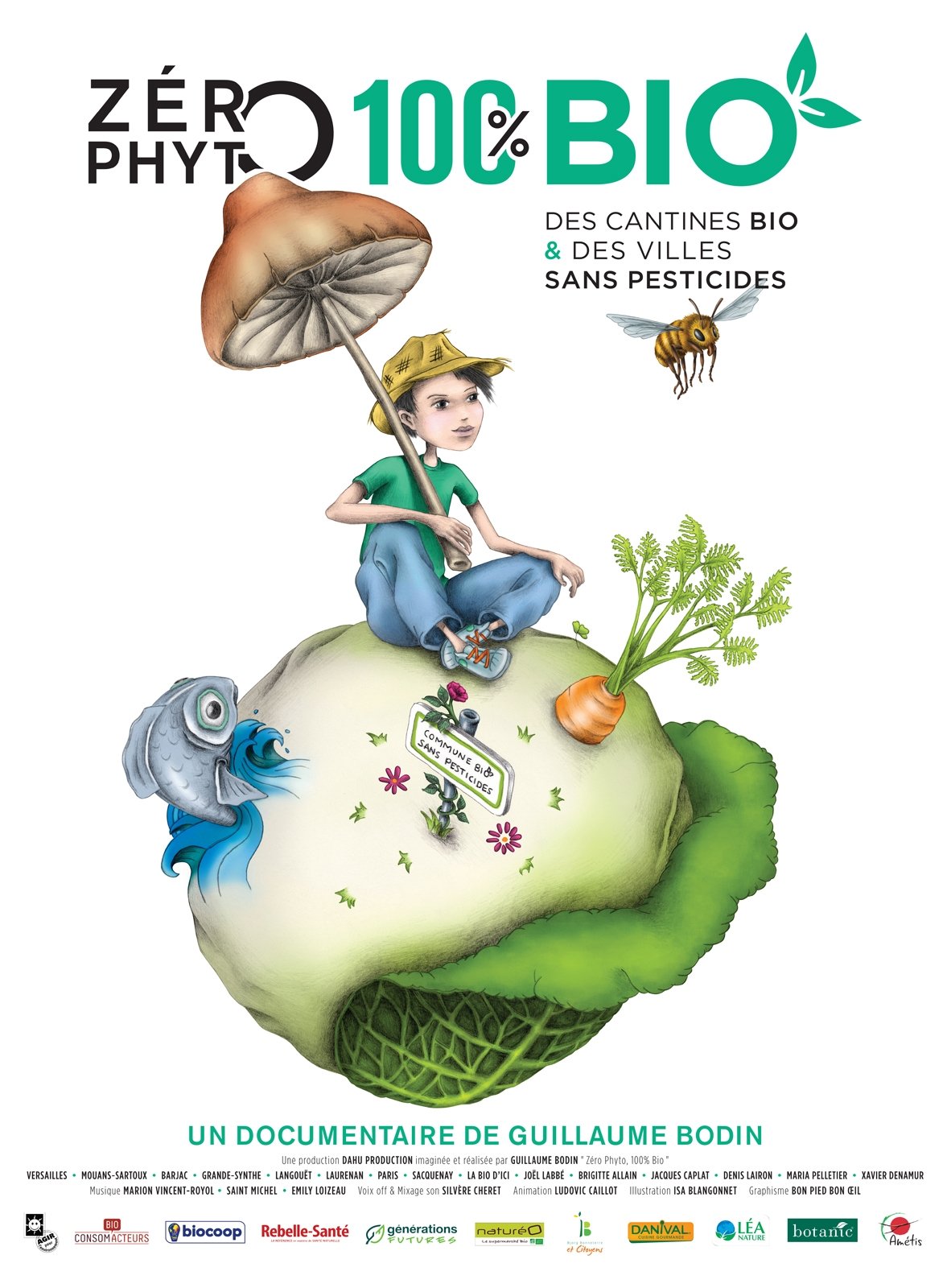
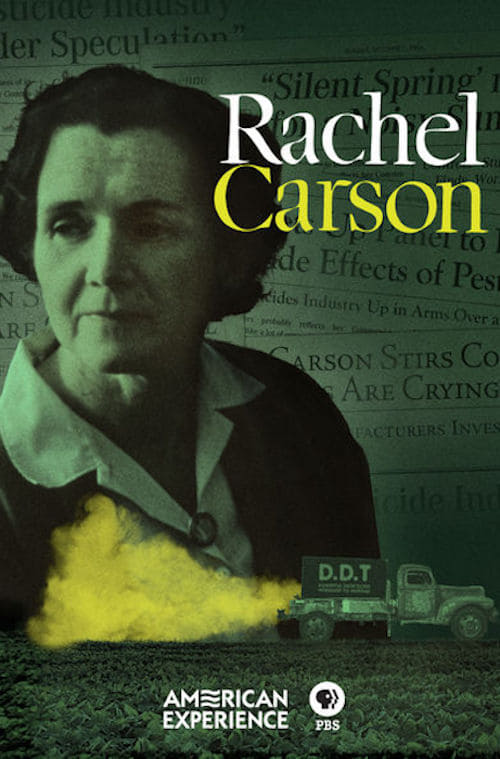
An intimate portrait of the woman whose groundbreaking books revolutionized our relationship to the natural world. When 'Silent Spring' was published in September 1962 it became an instant bestseller and would go on to spark dramatic changes in the way the government regulated pesticides.
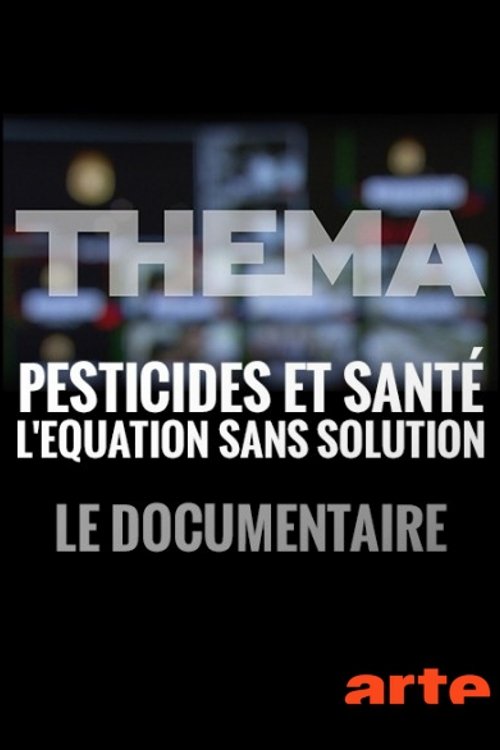
Glyphosate and its consequences: since the mid-1990s, parts of Europe have been plagued by mysterious animal deaths. And farmers are also falling ill. Scientists were baffled for a long time until high levels of the pesticide glyphosate were found in the animals. Millions of liters of such pesticides are used every year in European agriculture alone.
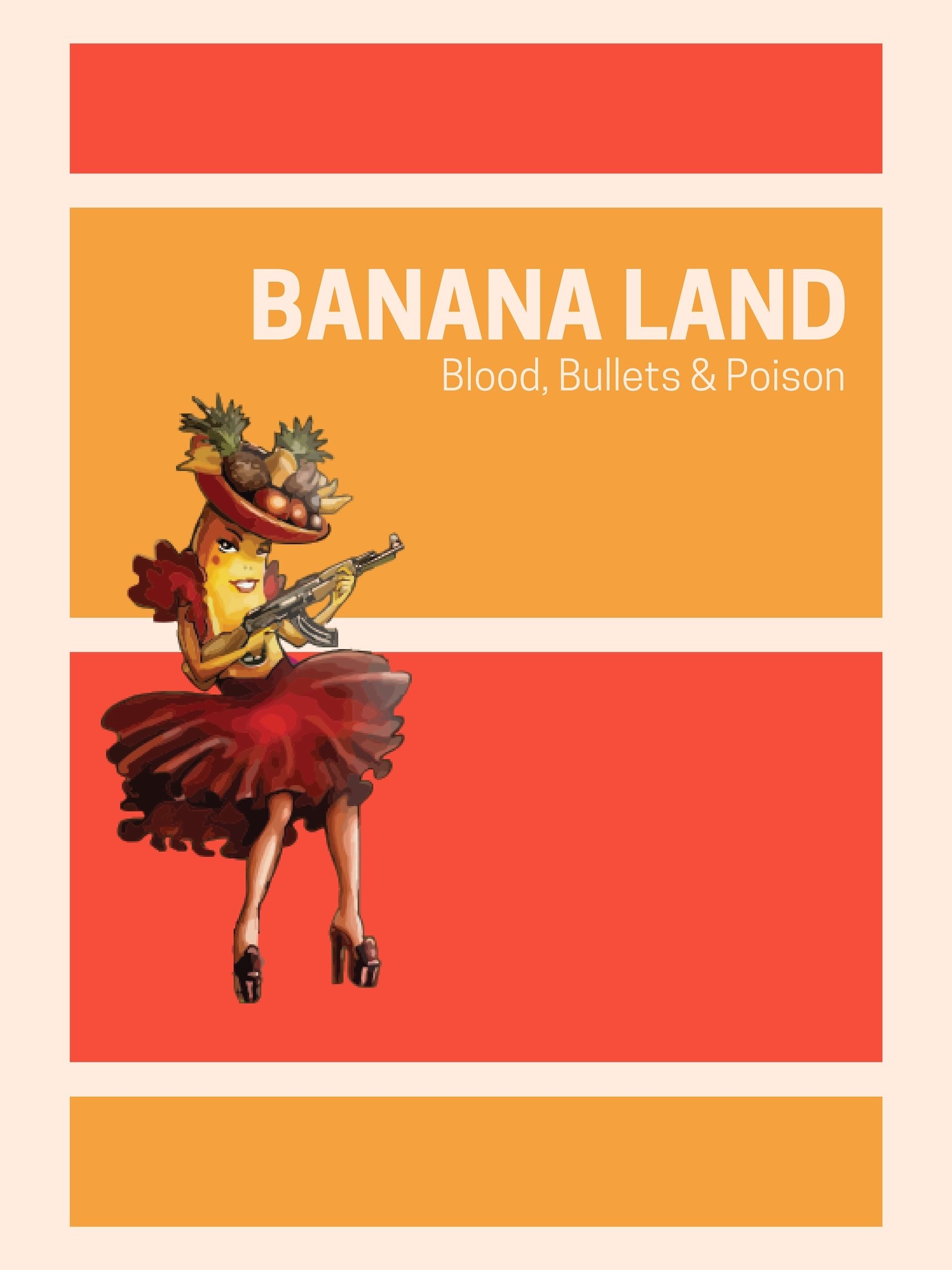
Why is the price of a banana from Central America only a third of that of an apple from Michigan? This documentary attempts to answer that question by examining the supply chain between Central America and the US, and uncovering the violence that has enabled the banana industry for more than a century.
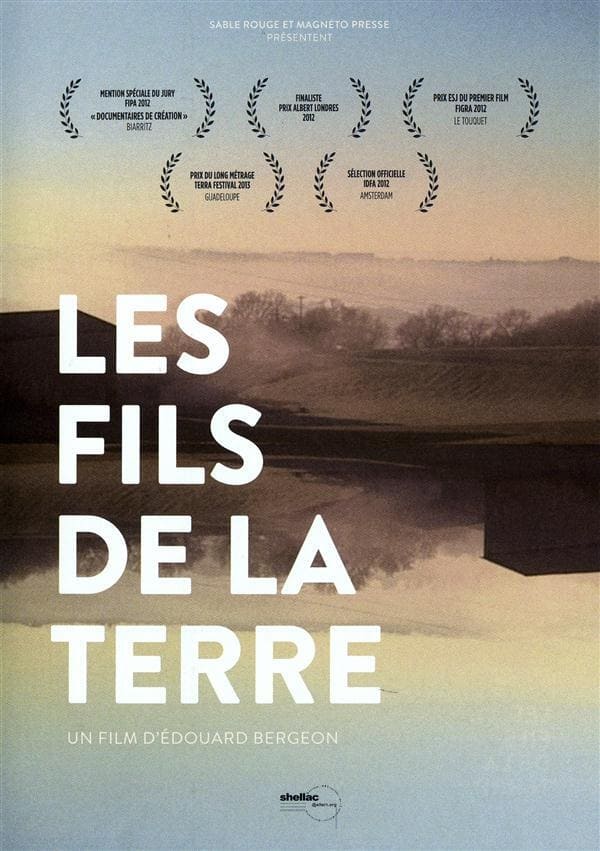
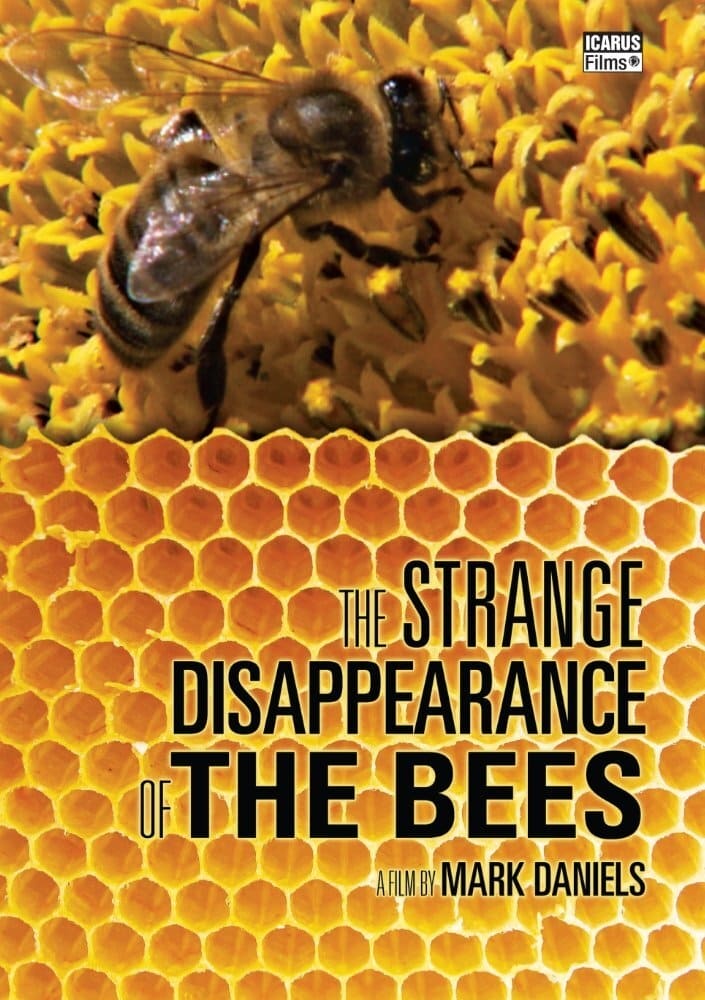
The future of our food resources depends on one small insect - the western honey bee, or Apis mellifera. Indeed, it is the most important agricultural pollinator on our planet, given that one third of our food supply depends directly on pollination from bees. This documentary tells the story of a worldwide ecological disaster that has been waiting to happen for several generations.
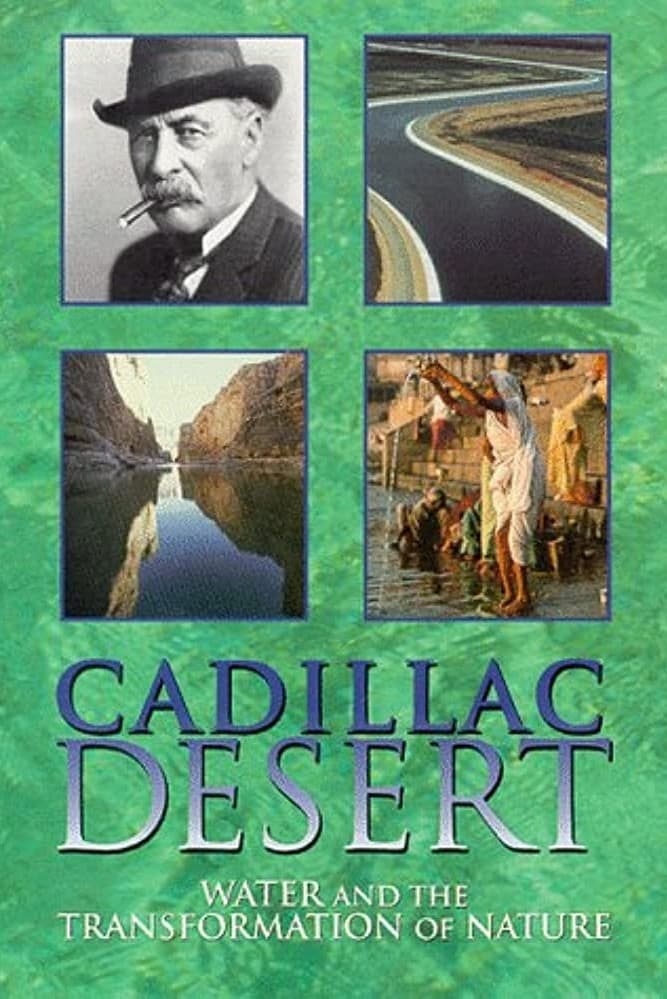
Documentary on water usage, money, politics, the transformation of nature, and the growth of the American west, shown on PBS as a four-part miniseries.
By browsing this website, you accept our cookies policy.